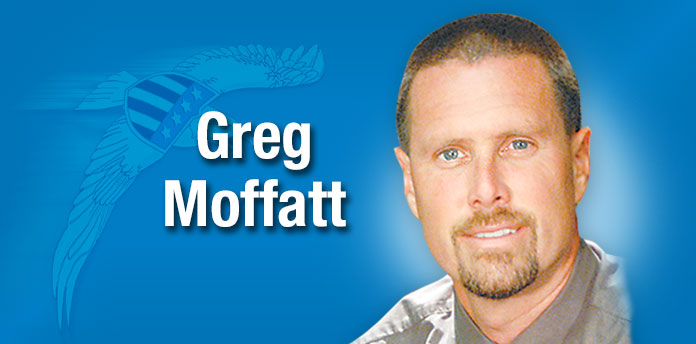Russia’s invasion of Ukraine might not be that interesting to some. What is going on halfway around the world may seem irrelevant, but if you have filled up your gas tank lately, you probably have noticed its effects. I don’t want to get into Republican/Democrat issues and how they might affect gas prices. Watch CNN or FOX for that argument.
But as a major supplier of crude oil, Russia’s behavior has squeezed our wallets. As I watched prices climb over the past few weeks and I wonder what Putin has in mind after this, I realized how much I’ve grown accustomed to the easy life in America.
Prior to Covid, I traveled the world regularly and I saw expensive fuel, limited stocks in the grocery stores, and other challenges that are common in foreign countries. That always renewed my gratitude for how easy American life can be.
Difficulties of the past couple of years are undeniable, but in the big picture of history, it is stunning to realize how comfortable we are — despite world unrest, economic challenges, and uncertain health implications of Covid.
In my relatively short span of existence, I’ve seen some staggering realities of what real trouble looks like.
For example, in 1984 the city of Sarajevo hosted the winter Olympic games. In what was then called Yugoslavia, Sarajevo had been lauded as a model city where several exceedingly different religious groups lived in relative peace. I remember watching news stories on the upcoming Olympics which described the modern urban center as an idyllic place for people from all walks of life.
Bankers, teachers, policemen, and other trades, including college professors like me, went about life day-to-day just like we do here in the U.S. But just a few years later, the country broke out into civil unrest and the economy collapsed. One heart-breaking story I’ll never forget was about a 12-year-old girl who was living in a freezing apartment during the winter of 1991.
Her father had been — yep, a college professor — but with no electricity that winter her family struggled to stay warm, burning their furniture to heat their apartment. Snipers killed civilians at random if they strayed from their homes. The story ended with the child’s description of her favorite Christmas present — an apple. That was humbling.
A very similar thing happened in Cambodia in 1972. Unless you are a history buff, most of what you know of Cambodia has to do with its involuntary involvement in the Vietnam conflict. But just like Sarajevo, Cambodian cities in the 1960s were swimming in economic success. People danced in the streets, went to movies, started businesses, and celebrated their religious practices openly.
Ho Chi Minh began using the Laotian and Cambodian border to transport guns, supplies, and troops into South Viet Nam, thus setting off the illegal bombing campaign of the Ho Chi Minh trail by the U.S. government. Caught between two warring powers, Cambodia was thrown into turmoil which allowed the infamous Pol Pot to seize power in 1975.
In just a few short years Cambodians went from thinking about restaurants and parties to smuggling their families out of the country to survive the killing fields of the Khmer Rouge. In my high school classrooms I sat next to refugees from South Vietnam, Laos, and Cambodia. Strangers in a strange land. It must have been surreal to say goodbye to your possessions, home, language, food, and culture forever.
You undoubtedly have memories or historical events on your mind that were also hard. WWII, the unrest of the 1960s, assassinations, lost presidents and world leaders, and the Civil War.
I’ve hoped with the pandemic by remembering it could be so much worse. I’ve lost loved ones and friends to the virus, just like you have, but loss is a part of life. The scary and unstable world we live in can be overwhelming as we wonder what Russia will do, how the virus will mutate, and how the economy will manage.
But maybe the events I mentioned in this article can help you reframe it, too. We’ve had a pretty easy life for a very long time. So even though gas may be expensive, at least we can get it. Some commodities may be harder to find, but at least we have them.
And perhaps the most comforting thing of all right now — I can sleep in my own bed, I can pay my bills, and my family is intact. And — we can face a much harder world if we are called to do so.
[Gregory K. Moffatt, Ph.D., is a college professor, published author, licensed counselor, certified professional counselor supervisor, newspaper columnist and public speaker. His website is gregmoffatt.com.]












Leave a Comment
You must be logged in to post a comment.